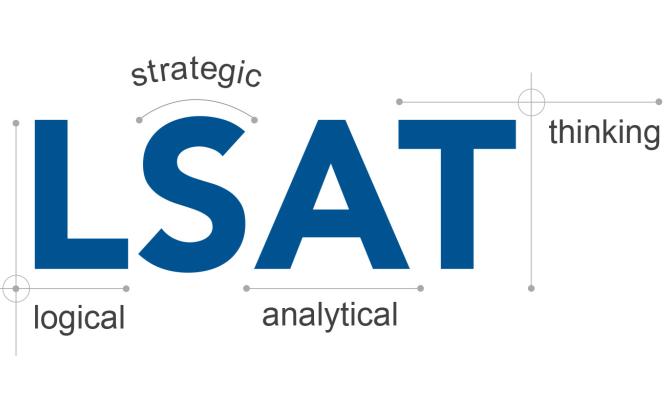A blog exploring all aspects of law and legal education — the future of the legal profession, access to justice, diversity and inclusion, testing and assessment, law and technology, and more.
Displaying 10 of 278
Because of lower birthrates during the Great Recession, the college-age population will shrink beginning in 2025. What does this mean for law schools?
June 20, 2023
This weekly blog series provides information on all you need to know about the LSAT, including upcoming deadlines, how to prepare for the test, how to avoid having your session flagged, and more.
This weekly blog series provides information on all you need to know about the LSAT, including upcoming deadlines, how to prepare for the test, how to avoid having your session flagged, and more.
June 12, 2023
This weekly blog series provides information on all you need to know about the LSAT, including upcoming deadlines, how to prepare for the test, how to avoid having your session flagged, and more.
This weekly blog series provides information on all you need to know about the LSAT, including upcoming deadlines, how to prepare for the test, how to avoid having your session flagged, and more.
June 5, 2023
This weekly blog series provides information on all you need to know about the LSAT, including upcoming deadlines, how to prepare for the test, how to avoid having your session flagged, and more.
This weekly blog series provides information on all you need to know about the LSAT, including upcoming deadlines, how to prepare for the test, how to avoid having your session flagged, and more.
May 31, 2023
This weekly blog series provides information on all you need to know about the LSAT, including upcoming deadlines, how to prepare for the test, how to avoid having your session flagged, and more.
This weekly blog series provides information on all you need to know about the LSAT, including upcoming deadlines, how to prepare for the test, how to avoid having your session flagged, and more.
May 23, 2023
This weekly blog series provides information on all you need to know about the LSAT, including upcoming deadlines, how to prepare for the test, how to avoid having your session flagged, and more.
This weekly blog series provides information on all you need to know about the LSAT, including upcoming deadlines, how to prepare for the test, how to avoid having your session flagged, and more.
LSAC has put in place a team of experts that offer a suite of individually tailored services designed to help law schools meet their institutional goals.
May 15, 2023
This weekly blog series provides information on all you need to know about the LSAT, including upcoming deadlines, how to prepare for the test, how to avoid having your session flagged, and more.
This weekly blog series provides information on all you need to know about the LSAT, including upcoming deadlines, how to prepare for the test, how to avoid having your session flagged, and more.
May 8, 2023
This weekly blog series provides information on all you need to know about the LSAT, including upcoming deadlines, how to prepare for the test, how to avoid having your session flagged, and more.
This weekly blog series provides information on all you need to know about the LSAT, including upcoming deadlines, how to prepare for the test, how to avoid having your session flagged, and more.
May 1, 2023
This weekly blog series provides information on all you need to know about the LSAT, including upcoming deadlines, how to prepare for the test, how to avoid having your session flagged, and more.
This weekly blog series provides information on all you need to know about the LSAT, including upcoming deadlines, how to prepare for the test, how to avoid having your session flagged, and more.




